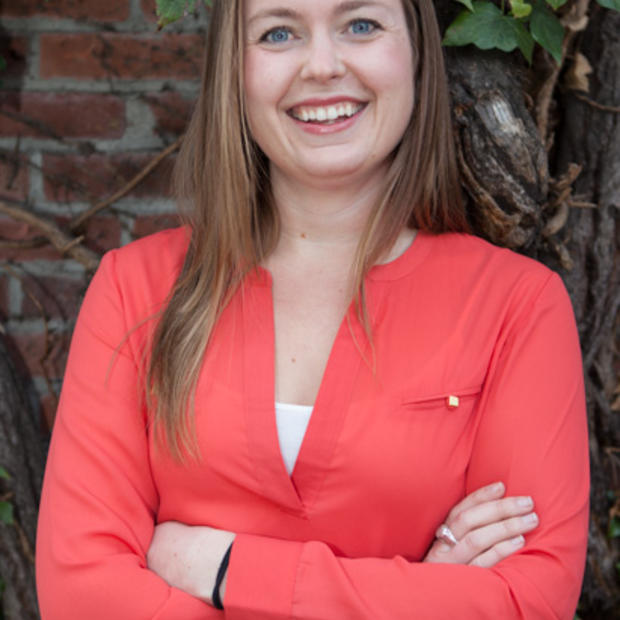For about two hours last week City Hall became the arts hub of Seattle. A who's who of the grassroots Seattle arts scene clustered around tables in the Bertha Knight Landes Room last Thursday, hugging, making plans, and catching up in the wake of a tumultuous year. More than 100 artists and groups were forced out of Pioneer Square's 619 Western Building in October after it was deemed unsafe during an inspection.
The city hall group was gathered to discuss the progress made on the city's Cultural Space Seattle initative — a working group that has been exploring the challenges facing Seattle's arts spaces over the past few months — but one of the benefits of the initiative was evident even before Mayor McGinn stepped up to introduce the event: A stronger, more connected arts community.
The process itself has been a successful community builder, bringing together artists who have since mobilized to find new work space and opening strong channels of communication between artists, arts groups, and city politicians. Still, the city's focus at the May 3 meeting — and that of participating non-profits like Shunpike (sponsor of Seattle's popular Storefronts initiative) — was on the value of arts to Seattle's economic development.
"You guys are really important to the city," McGinn announced to the audience. "You're the reason that Amazon wants to build here. You're the reason tech companies are filling up the second floors in Pioneer Square."
The event was a chance to share the results of the Cultural Space Seattle workshop held in December 2011. Comprised of more than 150 artists, policymakers, non-profit arts groups — even real estate developers — the two-day event was intended to inspire artists and to open up communication between artists, city planners, and developers about how to deal with Seattle's arts space problems.
“A lot of the challenges in the last decade or so have been around individual artists and mid-size to small arts groups who can’t afford a permanent space, and are at risk of being displaced by the whim of the (real estate) market,” the Capitol Hill Housing Foundation's Executive Director, Michael Seiwerath told Crosscut in February.
But the final report, distributed in pamphlet form at Thursday's gathering, listed only a series of vague recommendations and possible next steps: "Create a Cultural Space Seattle multi-sector working group," "make a plan," "look in many directions," "look within," "share information." There is no mention in the report of who might be held responsible for these next steps, nor is any semblance of a timeline laid out.
Seiwerath told the gathering the city doesn't even have a point person devoted to dealing with arts issues, although he told the crowd they were making progress on that front.
Still, Seattle's Office of Arts and Cultural Affairs has made some concrete steps, particularly when it comes to helping artists navigate the often complicated world of work space. The office recently published Square Feet Seattle, an online guide to help Seattle artists through the process of finding and securing appropriate work space. Interested artists will find 26 chapters of information on everything from "understanding credit" and "commercial and industrial leases" to "rehabbing your space."
It also unveiled the Cultural Facilities Program, a new fund to support Seattle arts programs with buildings or facilities in urgent need of renovations. Kathy Hsieh, the project's energetic Program Manager, urged the assembled artists to apply for the $150,000 in grants that the office plans to distribute in 2012, stressing the availability of city staffers for consultations and advice.
When it comes to city policy though, there is plenty of room for improvement. The community is still shell-shocked from the real estate boom-fueled redevelopment of arts space in Capitol Hill's Oddfellows building, and worries that could happen again in places like Pioneer Square and Downtown once the economy recovers.
The report acknowledges this problem in its "Make a plan" recommendation, which emphasizes the need for "Identifying resources and forming a cross-sector working group to initiate a substantive planning process that will result in a 10- to 15-year cultural space development and preservation plan." It continues, "The group and plan should create flexible systems that allow programs and projects to emerge from the community or neighborhood level while also recognizing Seattle's role as a global cultural leader."
But, while the city has been supportive of the Cultural Space Seattle process, it's clear that success beyond vague recommendations — including any policy changes — will depend on Seattle artists' ability to enfranchise themselves and build inertia around their own needs.
"You need to always be pushing the envelope," said Seattle City Council Member Nick Licata.


